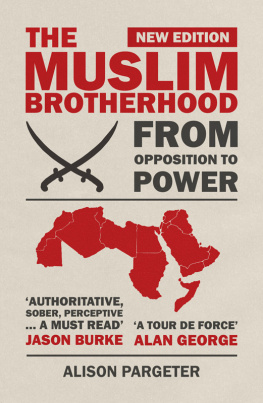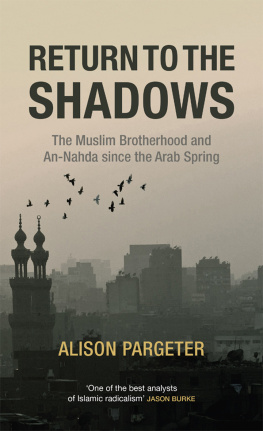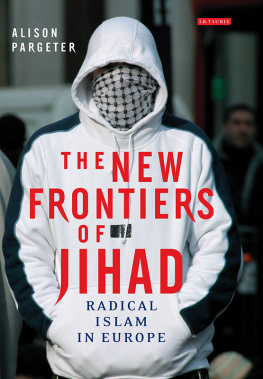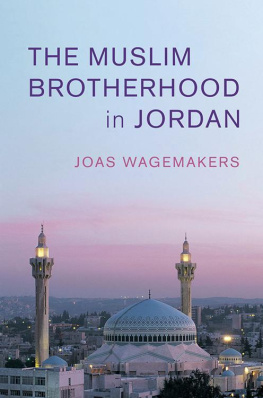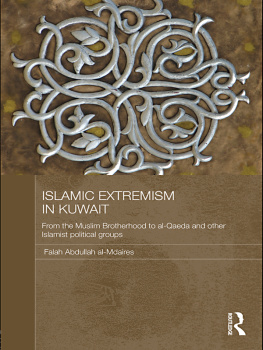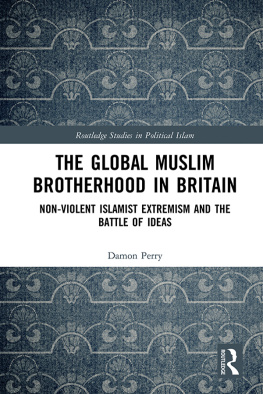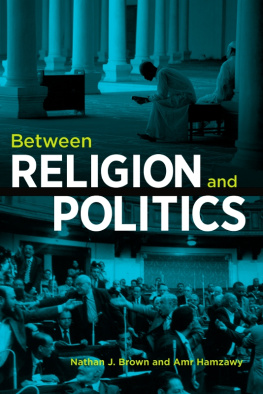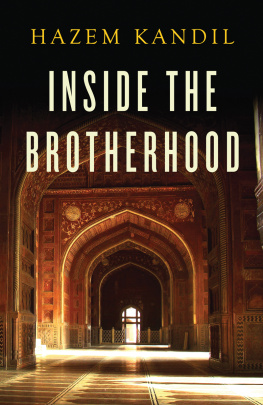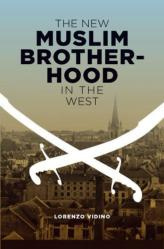Conclusion
The Challenges Ahead
When the first edition of this book was published in 2010 it was unthinkable to imagine that after so many miserable decades of oppression, the Brotherhood and its affiliate An-Nahda would be catapulted to power in Egypt and Tunisia, that they would be part of the elected government in Libya, and that they would change the dynamics of the Middle East so profoundly. The Brotherhood has shifted from semi-clandestine opponent to legitimate political power almost overnight. For all that the transition has been fraught with difficulties, the movement has risen to the challenge, displaying no small degree of aplomb. Relying upon its traditional pragmatism and opportunism, it has played the transition period with skill and maturity and has proved a master at manoeuvring itself into power. Indeed, for all the talk that it was not seeking to rule, once it felt it had the people behind it, the Brotherhood moved quickly and strategically to gain power, elbowing out anyone who got in its way. Thus, for all that the Brotherhood had traditionally shunned revolution, the upheaval of the Arab Spring turned out to be its moment par excellence.
Yet getting to power, or becoming a mainstream political actor, was one thing. The Brotherhood in its various guises is now faced with the even more difficult business of operating out in the open and in some cases of governing. Indeed, the post-revolutionary reality is throwing up a series of trials that will seriously test the Brotherhoods mettle. How the Brotherhood and its counterparts will manage these challenges will be crucial to whether the movement is able to hold itself together and prove that it has the capacity to be part of the future.
One of the most important of these challenges is how the movement will reconcile its commitment to Sharia with its commitment to modern democracy. Whilst the Brotherhood has never aspired to an Islamic state ruled by theologians, it has always advocated a civil state that is run along strict Islamic principles and that is based upon Islamic Sharia. As Sayyid Qutb explains in his famous work, Milestones, The way to establish Gods rule on earth is not that some religious men be given the authority to rule, as was the case with the rule of the Church, nor that men speak in the name of God, as is the case in a theocracy To establish Gods rule means that His laws be enforced and that the final decision in all affairs be according to these laws.
As such, whilst it has long been content to participate in the electoral process and has jumped at the opportunity to contest elections following the Arab Spring, the Brotherhood has always demonstrated an ambivalent attitude towards modern multiparty democracy. Former Murshid Mustafa Mashour, for example, once commented, For now we accept the principle of party plurality, but when we will have Islamic rule we will either accept or reject this principle. More strikingly, in November 2012, President Morsi, provoked outrage when he issued a series of decrees awarding himself far-reaching powers and preventing the courts from challenging any laws or decrees passed since he assumed office. Morsi was later forced to rescind the measures after widespread popular protests against the move. However, his actions raised serious questions about his commitment to the democratic process.
Even those members of the Brotherhood labelled as reformist and who had pushed hardest for political participation have expressed their doubts about Western democratic models. Former Deputy General Guide Mohamed Habib once asserted, for example, Europe represents a model of democracy that is particular to European societies only. In any case, both Habib and Aboul Fotouh, as well as other more reformist-minded members of the movement, have moved out from the Brotherhood finding its inflexibility too stifling.
This lack of clarity about how the Ikhwan envisages the relationship between Sharia and the democratic political process has done little to assist it in its bid to be seen as a truly progressive and democratic movement. Rather, one is left with the impression that the Brotherhood is dealing with the issue by trial and error, something that is perhaps unsurprising given that the movement has always been primarily reactive. Furthermore, the Brotherhood has hardly been a bastion of democracy itself. Whilst members of the movement regularly assert that they have their own kind of democracy through the use of shura (consultation), some Islamic scholars have complained that the Ikhwans talk of shura has become more propaganda than reality, and more mechanical than functional, given that the leaders do not allow any space for criticism or evaluation.
The Brotherhood may have been able to justify such behaviour in the past by the difficult circumstances it was forced to operate in and which necessitated a degree of secrecy. Now, however, the movement can no longer hide behind such explanations. The Brotherhood, or its political parties at least, have no choice but to do things out in the open and in the eye of full public scrutiny. Yet the Brotherhood is painfully aware that opening up and reforming its own way of doing things risks the coming to the fore of the factionalism that has dogged the movement for generations. If it abandons the principle of complete obedience in favour of true democracy within its ranks, the Brotherhood may inadvertently find itself a more factionalised and weaker organisation as a result. Thus while the Brotherhood is likely to engage in some cosmetic attempts at opening up and proving that it is operating in a more transparent fashion, it is unlikely to change the habits of a lifetime.
Moreover, while the Brotherhood leadership might have been keen to promote the concept of democratic principles in recent years, these ideas have rarely filtered down to the grass roots.
These anxieties over public morality have been present in the Ikhwan since its very beginnings. Hassan al-Bannas first forays into Islamic activism were through a series of Islamic societies that focused their efforts on preventing moral offences such as the Society for Moral Behaviour whose activities included composing and distributing secret and often threatening letters, to those they regarded as living in violation of the teachings of Islam.
Similar concerns have continued to preoccupy the Brotherhood into the post-revolution phase. In a statement posted on its website in November 2012, the Brotherhood declared, Sharia awakens faith, reforms behaviour, improves the general environment of the whole society, and polishes morals, through persuasion and education, with no coercion whatsoever. For all its talk of democracy therefore the Brotherhood remains intent on reforming the individual, suggesting that the movement sees no real distinction between being the guardian of morality and being the ruling power. This poses serious concerns not only for Egypts liberal elements, but also for the countrys minorities.
Given these concerns, all eyes have been watching how the Brotherhood and its counterparts have dealt with the constitution writing process. The challenge has perhaps been easier for the Libyan Ikhwan, where given the conservative and traditional orientation of the population that is almost exclusively Sunni Muslim, there is a broad consensus that Sharia should be cited in the constitution as the main source of legislation. However, there is still likely to be some disagreement among the various political players in Libya over the extent to which Sharia should be implemented and institutionalised.
An-Nahda, meanwhile, chose to play it safe. In line with its more progressive outlook, the party opted not to push for any change to Article One of of the 1957 constitution, which states that Tunisia is a free, independent and sovereign state. Its religion is Islam, its language is Arabic. An-Nahdas decision not to push for Sharia to be cited as the primary source of legislation was controversial, particularly among the more hard line elements within the party who objected to such a stance. However, the more moderate and dominant wing prevailed.

